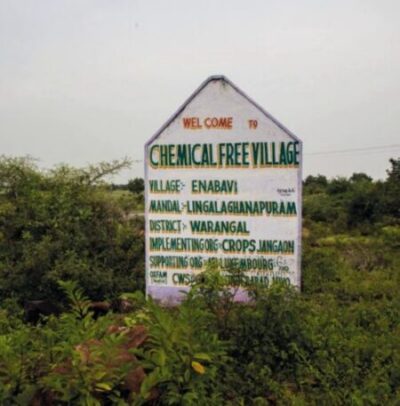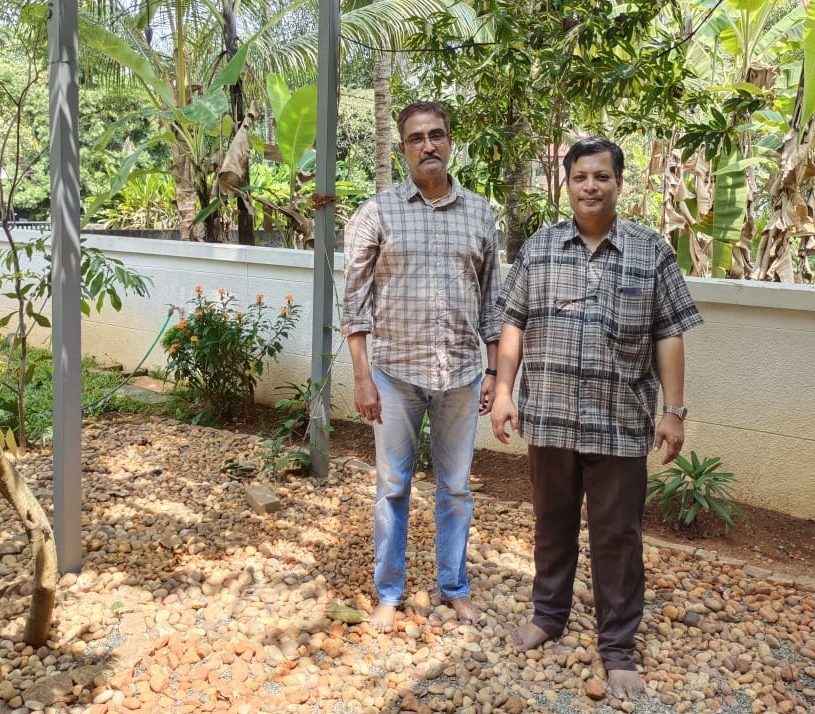“During the initial days of my tissue culture experiments, I was in need of an Autoclave machine. Autoclave machine ensures everything is free from bacteria, fungal and other contaminants by bringing the temperature above boiling point inside of it. In the 1970s, the cost of the machine was around INR 3,00,000 and unfortunately, my financial condition did not allow me to buy. It was a casual talk with my daughter and she asked about the purpose of that machine. After a brief explanation, she came up with an idea. Her idea was to use ‘Pressure Cooker’ as an alternative to achieve the objectives of the research by extra fitting of the thermometer and valve to cooker. Oh Yes! This idea worked very well, and I was able to complete my maiden tissue culture experiment. Probably, it could be a turning point for me to start the first of its kind Tissue culture center in India ” told a 72-year-old Venkatapathy Reddiar who turned into a farm scientist and was honored with Padma Shri award in 2012.
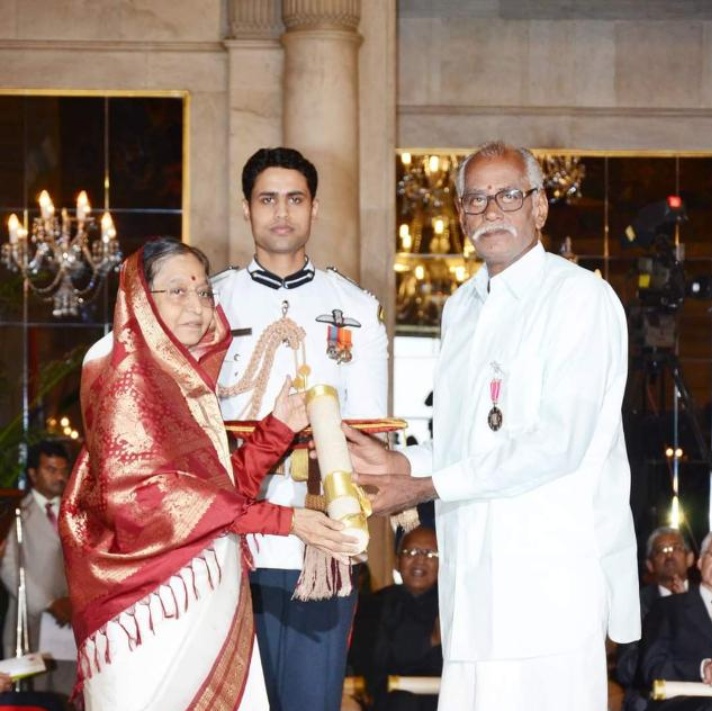
Venkatapathy Reddiar was born into a farming family in Andhra Pradesh in 1946. Due to financial reasons and family conditions, he was forced to discontinue his education after 4th standard. He then worked in farms along with parents. He got married and migrated to his wife’s village in Tamilnadu at the age of 16. In early days, the young couple worked in their Crossandra farm for livelihood.
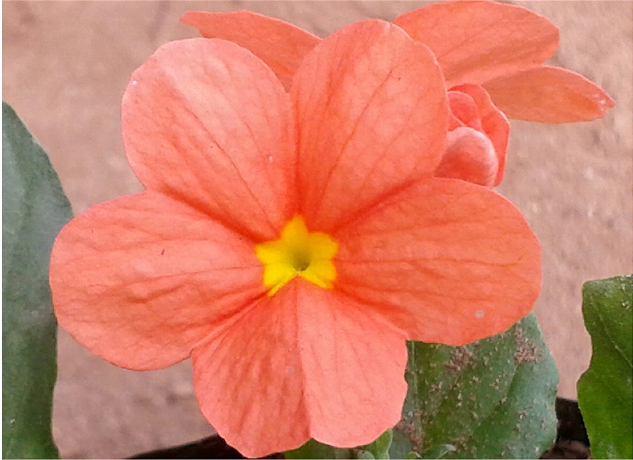
He got an exposure to the demand of the traditional Crossandra variety which has gained good spread among the farmers of South India. To meet the increase in demand for exporting opportunities, he started experimenting plant propagation methods. And visited several agricultural universities. And, now they are into micro-propagation of Crossandra plants by tissue culture technique and distributed plants free of cost to self-help groups as well as the farmers. So far, they have developed about “100 Varieties of Crossandra” by pollen crossing, gamma radiation, chemical and UV mutation.
Their research activities into traditional casuarina equisetifolia plants started in 1975. Initially “I produced casuarina seedlings from seeds and observed that the weight of the tree varied from 5 Kg per tree to 50 Kg per tree at the end of the 5th year resulting in an average yield of 35-50 Tons per acre. Moreover, the trees get lodged during rainy, stormy and windy seasons.
Therefore, I started the seedlings production in an imported hybrid casuarina Junghuliana variety which was brought from Thailand in the year 1951 to Tamil Nadu. This variety is an open pollinated diploid plant and hence plants produced from the seeds showed variation in growth traits and gave an average yield of 50-75 Tons/Acre in 5 years.
I am not satisfied with this performance; I selected a good performing mother plant of Casuarina Junghuhniana Miq identified and gave Gamma irradiation at kalpakkam atomic research station. After 3.5 years of cultivation I observed that each tree weighed 100 kg and in one-acre approximately 140 ton* yield was realized. Farmers also observed that about 90% of plants showed uniformity in growth”.
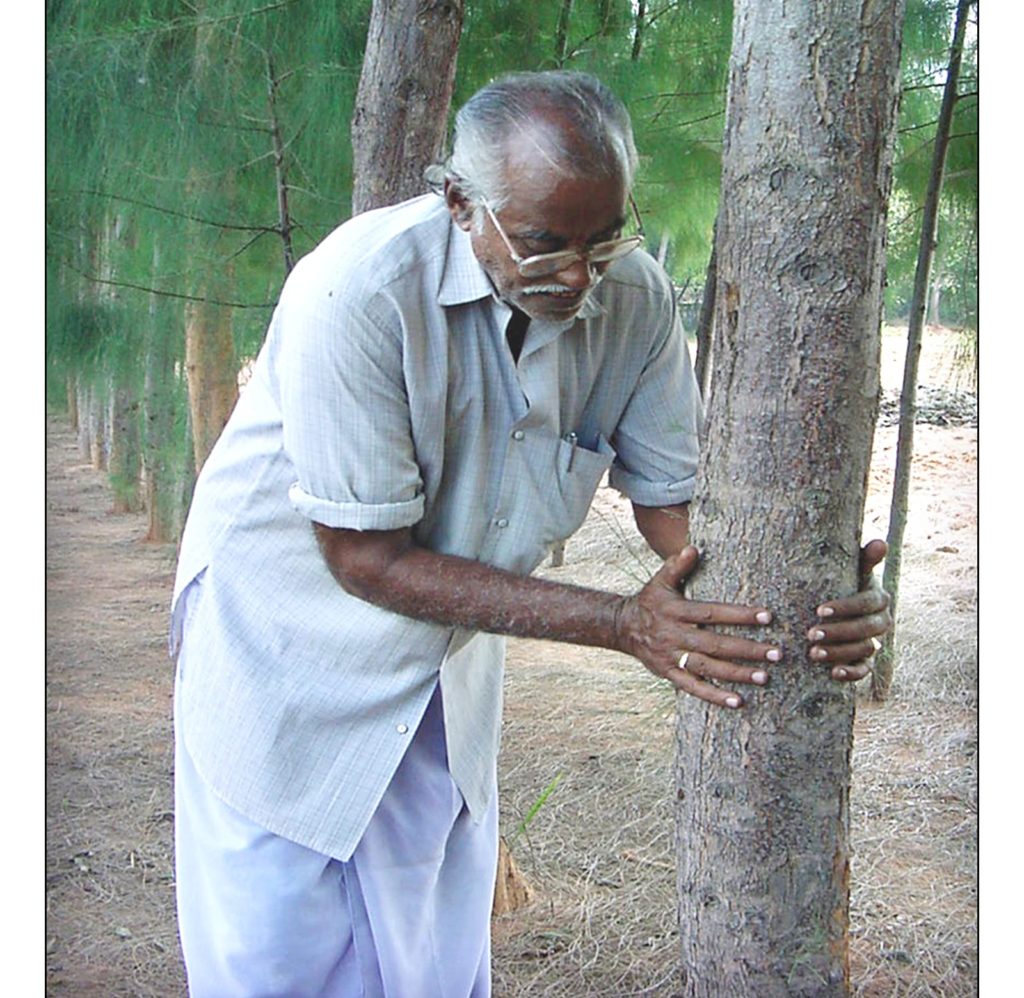
He received an invitation to implement Casuarina plantation drive in Musi River catchment area nearby Hyderabad. Generally, farmers used to grow paddy in lower catchment areas with river water. Unfortunately, industrial chemicals of Hyderabad are released into river Musi. And, chemical residues enter into the food chain. Casuarina is considered as one of the best alternatives to traditional crops in this place which is mainly used in Paper Industries besides its use in Rayon Industries, Thermal Power Station, as a support post in civil construction work.
Another interesting development at his center is ‘Ghee chilli’. He gave credit to his daughter Dr. Srilakshmi Venkatapathy for her long study from various places. It is a traditional wild variety and pungency is 5 times more than the presently cultivated variety. This grows well even at 400 meters above sea level in Munnar Forest of Kerala. This variety gives ghee taste in sambar, Rasam and other similar dishes when added into small quantities. They are continuing research to improve this chilli to make it into the mainstream.
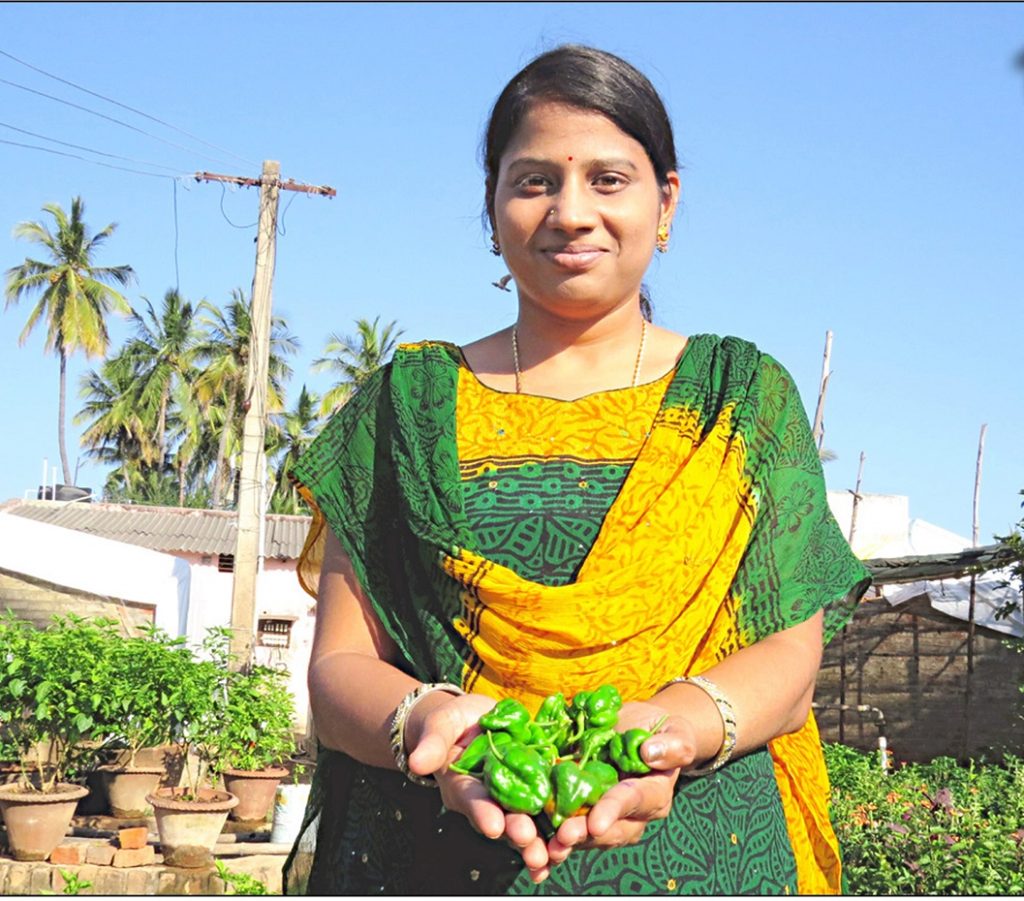
“I obtained translated versions of scientific journals with the help of my daughter. I still remembered my first conversation with former president Dr. Abdul Kalam in Madras. It was my first visit to Madras (Present day Chennai), and I was shocked to see several big building complexes. I remembered the first sentence, I asked Kalam about the award. I asked him why can’t you give me an award (smiley face). He instantly told me to leave his room. I know it was my mistake on that day. However, he was inspired me to pursue my research dreams”
Venkatapathy Reddiar received several awards for his work on agriculture. He was honored by the International Tamil University, Maryland, USA with the degree of Doctor of Letters (Honoris Causa) in 2011. The Government of India honored him with the Padma Shri in 2012. Presently, his daughter Dr. Srilakshmi Venkatapathy is taking forward the mission of Laxmi Narayana Tissue Culture under her father’s guidance. It is one of the best examples of how a farmer established a tissue culture laboratory and propagated the plant through micropropagation without any formal education.
Photo courtesy: LNTC puducherry
(Images may be subjected to copyrigh of LNTC. We have taken necessary permissions to use it in this story)
website: https://www.lntc72.com/index.php


